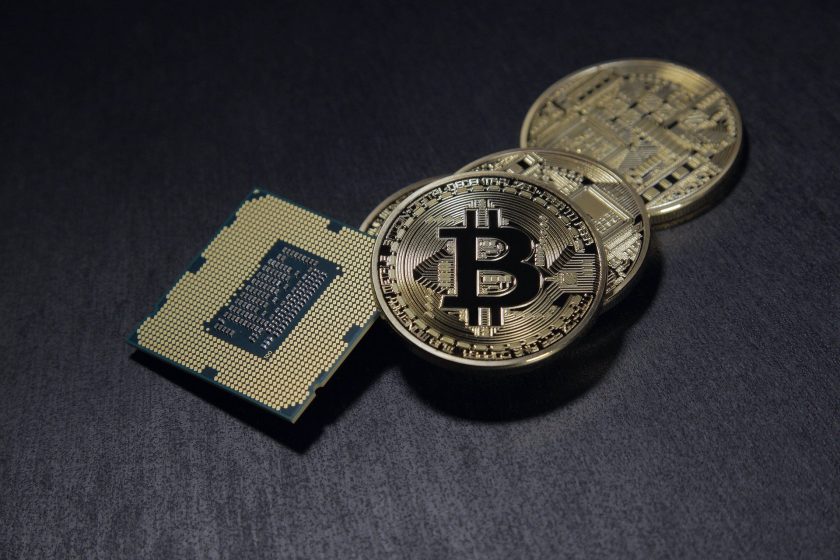The CSO of Coinbase has stated that that popular cryptocurrency exchange was not involved with the recent ransomware-based attacks on JBS and Colonial Pipeline in any way whatsoever. The Chief Security Officer has insisted that it had been the FBI who had accomplished the difficult task of recovering the stolen funds, and it had been through the bureau’s efforts that the private keys were now back in possession.
As such, there had been some allegations made against Coinbase that it had been complicit and perhaps even somewhat involved in the cryptocurrency assets pertaining to Colonial Pipeline being seized. The exchange has since refuted these allegations outright, saying that there is no basis or logic to them.
Coinbase proclaims innocence
Philip Martin, the CSO in question, had taken to Twitter yesterday in order to clear up any questions and doubts regarding Coinbase’s involvement, or lack thereof, with the FBI and the relevant Department of Justice and the corresponding warrant that had been issued for seizing the Bitcoin (BTC).
Martin officially stated that the exchange had not been the main target as far as the warrant was concerned, and Coinbase did not, in fact, receive any ransom (either fully or partly) at any given point in time. He added that there had been absolutely no evidence presented, which would seem to suggest the funds going through any wallet or account on Coinbase.
Moreover, as the private key had been claimed by the FBI, many had since speculated that this was the link to Coinbase, as the exchange has various servers in California’s Northern District where the key was being held. Martin, however, once again rejected these allegations, saying that it is instead highly plausible that the FBI is keeping the key at one of the bureau’s field offices within the area.
Concern regarding the authorities’ power and influence
As a result of the whole ordeal, numerous concerns had arisen regarding the authorities’ ability to seemingly just gain access to various cryptographic keys, as it goes without saying that regulators and authoritative figures have often not been a fan of cryptocurrencies in general.
The rumor that there had been an FBI-backed criminal group who had used fraudulent encrypted communications only added more fuel to the fire as investors have increasingly come to suspect the bureau of covertly collecting private information and personal messages pertaining to crypto.

